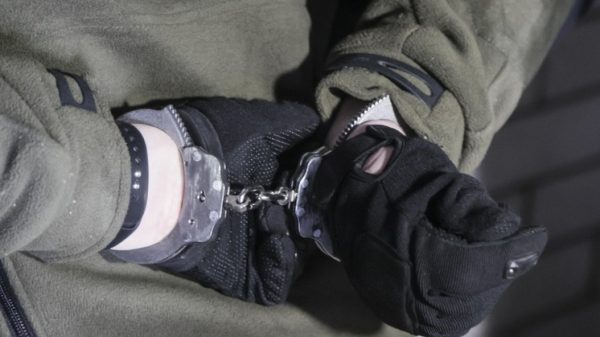On election day in New Zealand there will be no billboards, no walkabouts or last-minute exit polls. That’s because the election act rules that all political parties must cease campaigning on polling day on Saturday and are not allowed to promote themselves or influence voters in any way. The act means political parties must pull down billboards and stop radio and TV advertising. Politicians driving in branded cars is also banned, as is wearing any item of clothing promoting their party.
The law extends to traditional media and social media platforms, which are unable to publish or broadcast anything that may influence voters decisions. This includes the latest poll numbers, profiles of the leaders or analysis from pundits.
As a result, what should be the busiest day on the news calendar turns into the slowest, with media forced to run pictures of dogs visiting voting booths, a Kiwi tradition, and candidates smiling for the cameras while they paint their fence (hello Jacinda Ardern 2017).
The finance minister, Grant Robertson, told Magic Radio this week that the blackout seems inconsistent and perhaps out-of-date, as more than one million Kiwis have already cast an advance vote during a two week period in which campaigning has been full-throttle.
“Those rules around what happens on election day haven’t changed in line with the rules we now have on voting,” Robertson said.
“As our election process evolves, there probably will need to be a time when we look at what actually happens on the day.”
In Australia, print and TV campaign ads are banned, but the internet and in-person campaigning allowed. Robertson said he wasn’t sure New Zealand would want to follow Australia’s example, as many people liked the old-fashioned quietness and decorum of casting their vote amidst a blackout.
“In Australia when you go up to the polling booth everyone’s putting things in your hands and all that carry-on,” said Robertson. “I’m not sure how much people would want that.”




















































Свежие комментарии